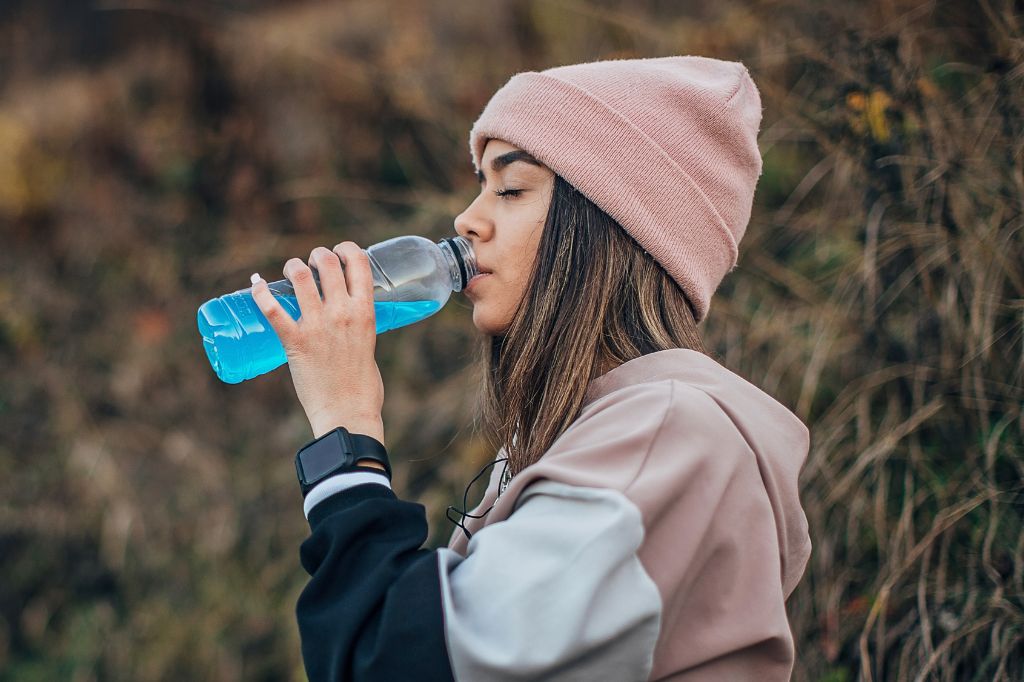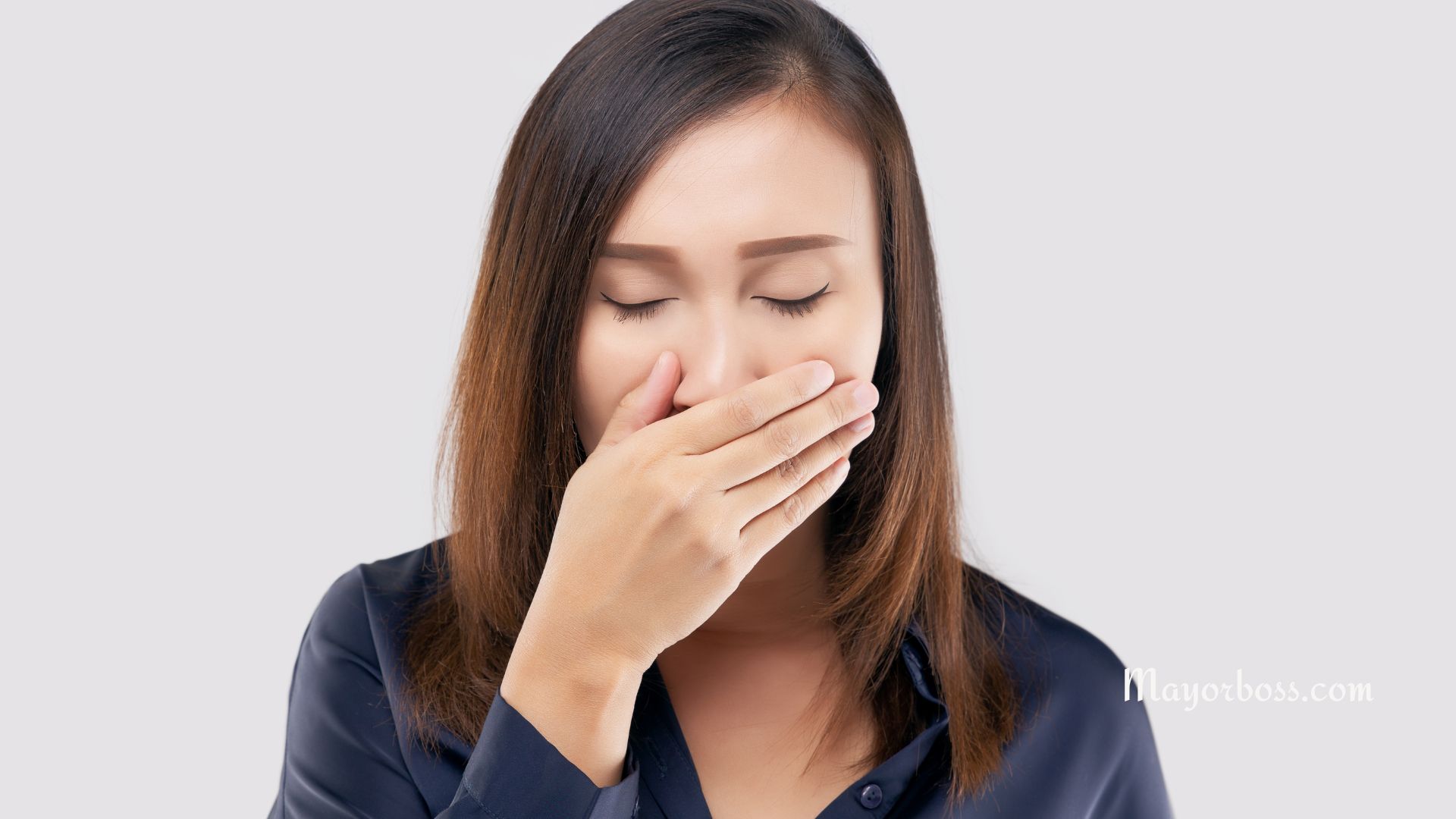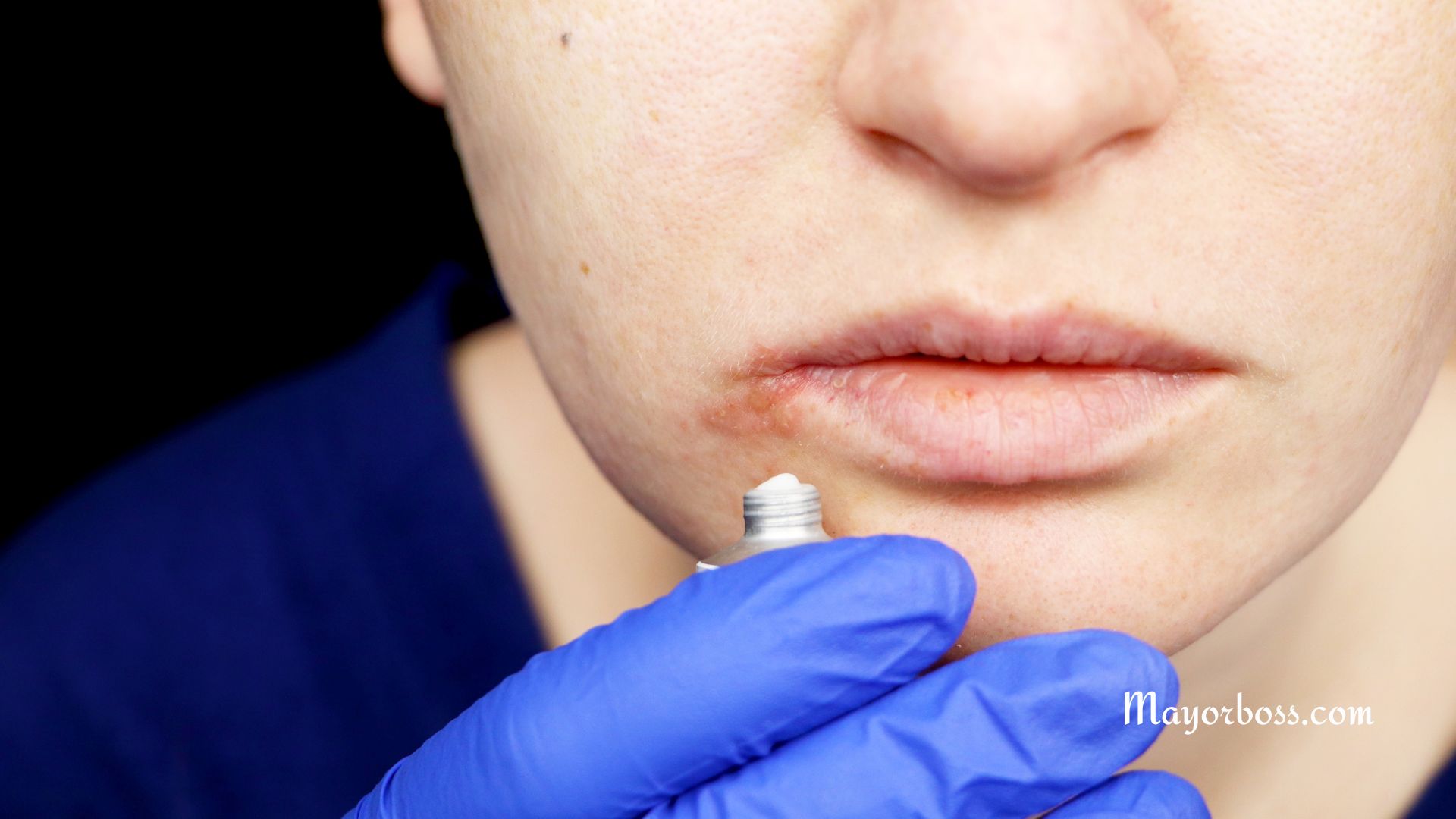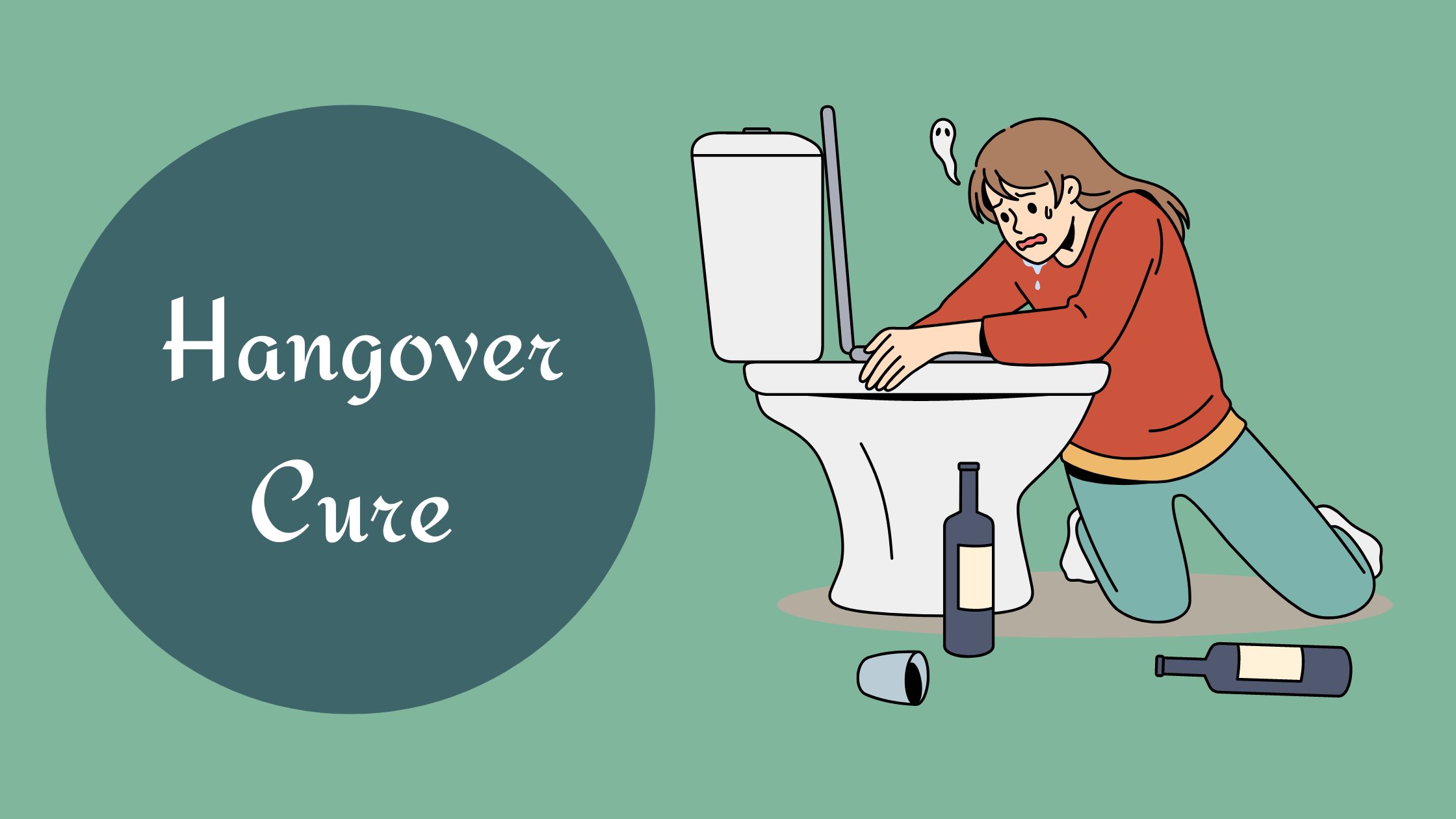How to Stop Drinking Energy Drinks
Energy drinks are popular beverages that give people a boost of caffeine. Many people rely on energy drinks to help them stay alert and get through the day. However, excessive consumption of these drinks can lead to health problems, such as anxiety, insomnia, cavities, heart disease, type 2 diabetes, and kidney problem. Therefore, it is important to stop or limit the intake of these drinks. But there’s one problem – it can be hard to quit!

Here are some tips on how to stop drinking energy drinks:
1. Set Goals
Setting goals is an important part of kicking any habit, especially when it comes to energy drinks that can be so easy to reach when you’re tired or in need of a pick-me-up.
Start by assessing your current consumption and then set realistic goals for yourself, such as cutting down your intake by one drink per week or limiting yourself to one energy drink per day. Having concrete goals will make it easier to stick with your new routine and ensure success.
2. Find Alternatives
It’s also important to have alternatives ready whenever the urge strikes so that you don’t end up giving in to temptation. Some ideas include drinking more water throughout the day, eating healthier snacks like fruit or nuts, or taking a quick walk around the block during breaks at work or school.
You could even treat yourself to a cup of herbal tea before bed if you find yourself reaching for an energy drink late at night or trying out a relaxing yoga class instead of relying on coffee all day long! Experiment with different things until you find something that works best for you and your lifestyle.
3. Get Enough Rest
One of the main reasons people reach for an energy drink is because they’re feeling exhausted due to lack of sleep or overworking themselves during their day-to-day lives. Make sure that you’re getting enough rest each night so that when morning comes around again, you won’t feel inclined to reach for an unhealthy pick-me-up like an energy drink to cope with fatigue throughout the day!
4. Eat Protein-rich Foods
Protein-rich foods such as eggs, nuts and seeds, poultry, and fish can help boost energy without the need for caffeine. Eating these kinds of foods throughout the day will keep your energy levels up so that you don’t feel tempted to reach for an unhealthy energy drink.
5. Seek Professional Help
If these tips aren’t working out for you and you still find yourself struggling with an unhealthy dependency on energy drinks, don’t be afraid to seek professional help from a doctor or therapist who can provide additional guidance and advice on how to break this habit once and for all!
How to manage withdrawal symptoms
Managing withdrawal symptoms from energy drinks can be a daunting task for many. It is important to be aware of withdrawal symptoms, such as fatigue, irritability, headaches, increased heart rate, difficulty concentrating, and restlessness. These can range from mild to severe depending on the individual’s physical and mental health.
If you experience any of these symptoms, it is important to manage them properly in order to avoid any further complications.
The best way to do this is by gradually reducing the amount of energy drinks you consume each day until you are able to stop completely. You should also focus on getting plenty of rest, drinking lots of water, eating healthy foods, and maintaining a regular exercise routine during this time in order to help manage any withdrawal symptoms. It may also be helpful to talk to a healthcare professional for additional help in managing your withdrawal symptoms.
The bottom line
Quitting energy drinks isn’t always easy, but it’s definitely possible! With proper planning and dedication, anyone can successfully cut back on their consumption without feeling deprived or exhausted all the time. Remember to set realistic goals, find alternatives whenever possible, and get enough sleep each night. These tips will help ensure success in meeting your goal of quitting energy drinks!






